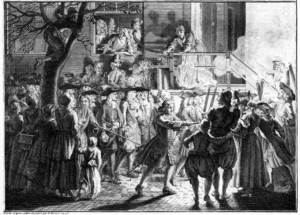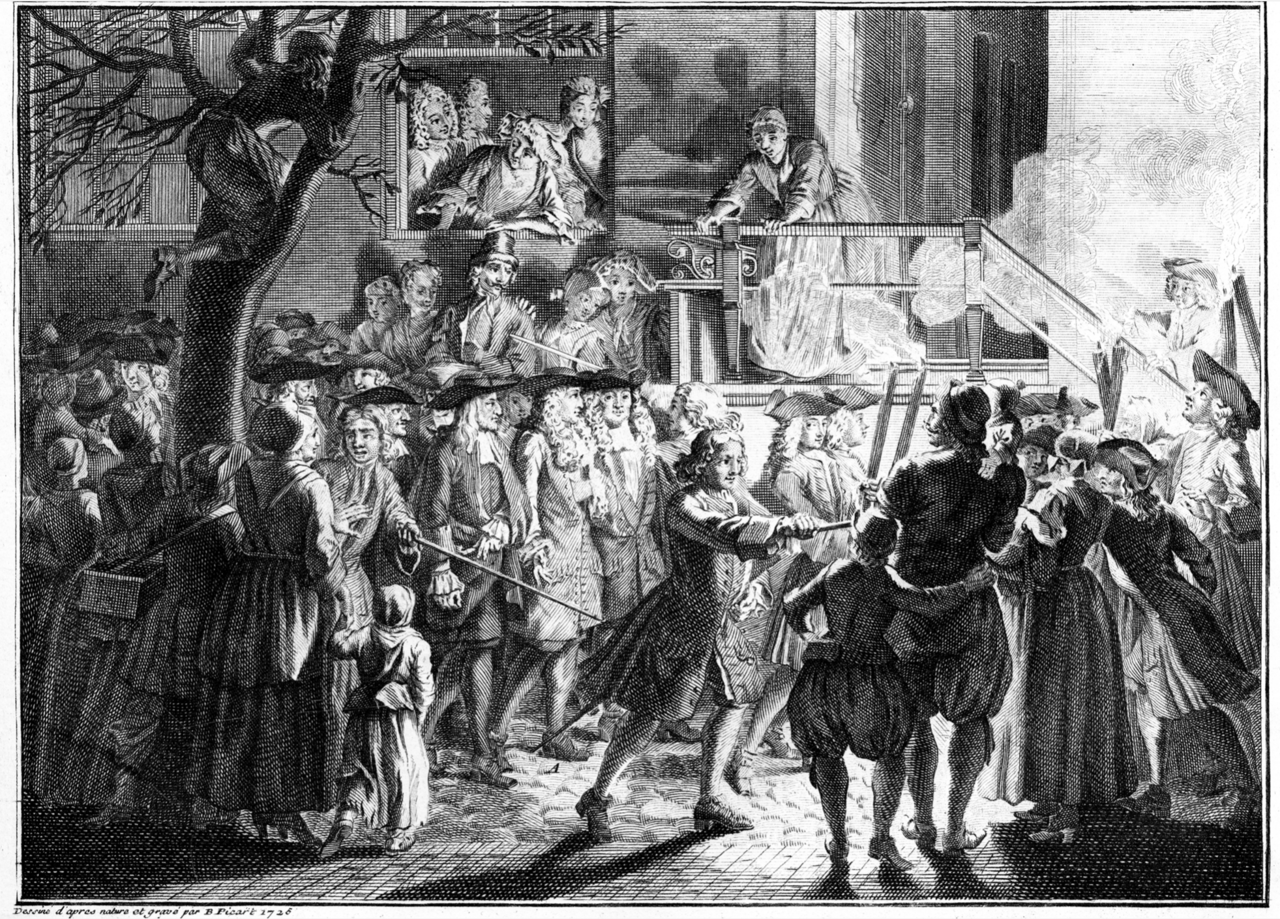This is an archive of schedules for a cycle of liturgical readings over a given period of time, performed publicly as part of a synagogue service or privately at one’s personal leisure. Filter resources by Collaborator Name Filter resources by Tag Filter resources by Category Filter resources by Language Filter resources by Date Range
This is the schedule for the reading of psalms corresponding to Festivals and Commemorative Days, according to Tractate Soferim 18:2-3 and 19:2. . . . Categories: Tags: Contributor(s): The ancient Land of Israel rite was most well-known for its three-and-a-half-year Torah-reading cycle, but it had its own unique aspects for festivals and special Sabbaths as well. Recorded in this manuscript is what may be our most complete record of the hafṭarot of the ancient Land of Israel rite, at least in one community. Some, but not all, of the hafṭarot for festivals and special Sabbaths are the same as those found in the Babylonian practice, but all of them are substantially shorter, with some as short as three verses. It seems the Babylonian prohibition on hafṭarot shorter than twenty-one verses was not taken into account in the West! . . . Categories: Tags: Contributor(s): The ancient Land of Israel rite was most well-known for its three-and-a-half-year Torah-reading cycle, but until recently very little was known about the haftarot recited alongside this cycle. Through studies of piyyuṭim and midrashim lists of opening verses to the hafṭarot were reconstructed, but an opening verse does not a full hafṭara make. All that changed when the St. Petersburg Manuscript, MS. EVR II B 42, was rediscovered by Prof. Ezra Shevat and publicized in this blog post. This manuscript, which had been lumped in as just another of the many codices haphazardly gathered by Abraham Firkovich, actually records what may be our most complete record of the hafṭarot of the ancient Land of Israel rite, at least as kept in one community. . . . Categories: Tags: Contributor(s): A schedule for the reading of psalms for special Shabbatot and holidays, according to HUC Ms. 453, fol. 15r, a Seder Hazkarot Neshamot copied by Shabetai Sheftel ben Zalman Auerbach from 1730. . . . Categories: Tags: Contributor(s): The schedule for holiday psalm readings according to the Vilna Gaon, as recorded in the Siddur Al Pi Nusaḥ haGra published by Mossad haRav Kook. The Vilna Gaon was very stringent in reciting only one psalm per day, and as a result his practice is very complex, with different psalms being said on the same holiday depending on the day of the week. . . . Categories: Tags: Contributor(s): “Table to Read All the Psalms in One Month,” a schedule by Grace Aguilar, was published posthumously by her mother Sarah Aguilar in the UK edition of Sacred Communings (1853) pp. 171-172. The table does not appear in the US edition. . . . Categories: Tags: Contributor(s): A schedule for the reading of psalms for the Jewish calendar year including festivals, special Shabbatot, and for each Shabbat with its parashah, according to Isaac Seligman Baer in his Seder Avodat Yisrael (1868). . . . Categories: Tags: Contributor(s): This system attempts to remedy that, selecting psalms that reflects the meaning of the holiday in some way. It includes every single commonly celebrated holiday, including sub-ethnic celebrations like Mimouna or Sigd as well as more recent national holidays like Yom haAtzmaut. It also includes a system for dividing Psalm 119, a massive 176-verse acrostic hymn to Torah, throughout the weeks of the Omer season as a preparation for Sinai. . . . Categories: Tags: Contributor(s): This is a system that seeks to create a Haftarah-like system for the reading of Psalms, linking their meaning to the meaning of the reading or the Shabbat of that day. Like the Haftarah system, there are special psalms for the Shabbatot leading up to and following the Ninth of Av, as well as specific psalms for Rosh Chodesh and the special Shabbatot. Unlike the Haftarah system, if two portions are read together or a special Shabbat occurs on a day when another reading is done, both psalms are read (since psalms are generally shorter and easier to read than prophetic texts.) . . . Categories: Tags: Contributor(s): In all modern communities, the standard practice is that on the three Shabbatot before the Ninth of Av and the seven after it the standard haftarah is replaced. Before the Ninth of Av they are replaced with haftarot of rebuke, from Jeremiah and the opening of Isaiah, and after they are replaced with haftarot of consolation from the later parts of Isaiah. Rambam’s Mishneh Torah, though, preserves a very different custom, one where each one of those Torah portions has an associated haftarah, related not to the calendar but to the parashah itself. Here the editor has compiled a list of these haftarah readings, along with brief notes to explain their connection with the parashah. . . . Categories: Tags: Contributor(s): A schedule for the reading of Proverbs, Job, Chronicles, Ezra/Neḥemiah, and Daniel, corresponding to each Torah portion of the annual reading cycle in the rabbinic Jewish calendar. . . . Categories: Tags: Contributor(s): An English-language adaptation of the Roman rite psalm system for all days when Torà is read, to be recited while the Torà is being taken from the bimà. All Hebrew words are transcribed in accordance with the traditional Italian Hebrew phonological system, in a slightly modified Italian orthography. . . . Categories: Tags: Contributor(s): A schedule for the reading of the historical writings in the TaNaKh corresponding to Festivals and Commemorative Days, according to the practice of Isaac Gantwerk Mayer . . . Categories: Tags: Contributor(s): A schedule for the reading of Psalms corresponding to Festivals and Commemorative Days, according to Nusaḥ Edot ha-Mizraḥ. . . . Categories: Tags: Contributor(s): This is the schedule for the reading of Psalms corresponding to Festival Days, according to the Western Ashkenazi Rite as Recorded by Wolf Heidenheim and the Rödelheim Siddurim, to be recited after the psalm of the day, unless otherwise noted. . . . Categories: Tags: Contributor(s): A schedule for the reading of Psalms corresponding to Festivals and Commemorative Days, according to Nusæḥ Temoni-Bælædi. . . . Categories: Tags: Contributor(s): |



